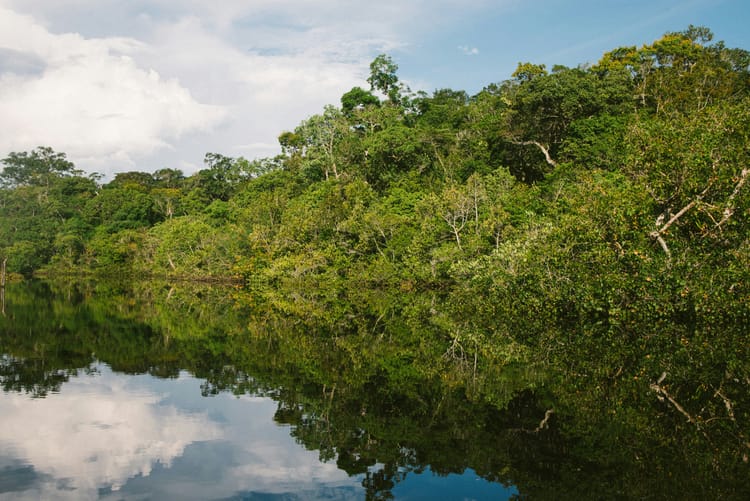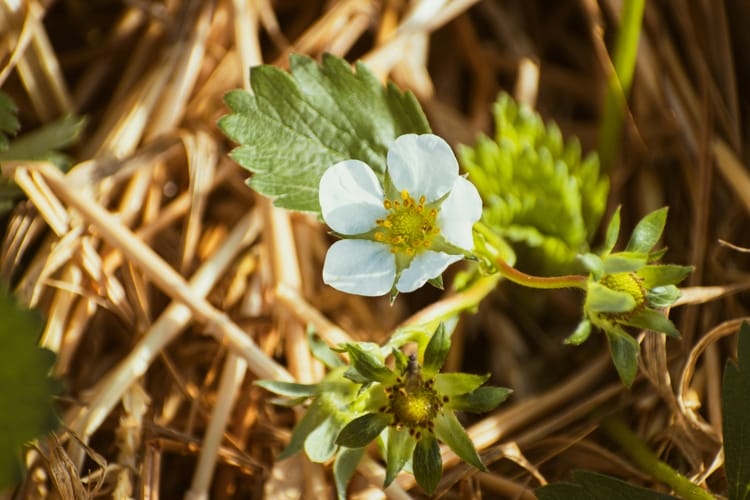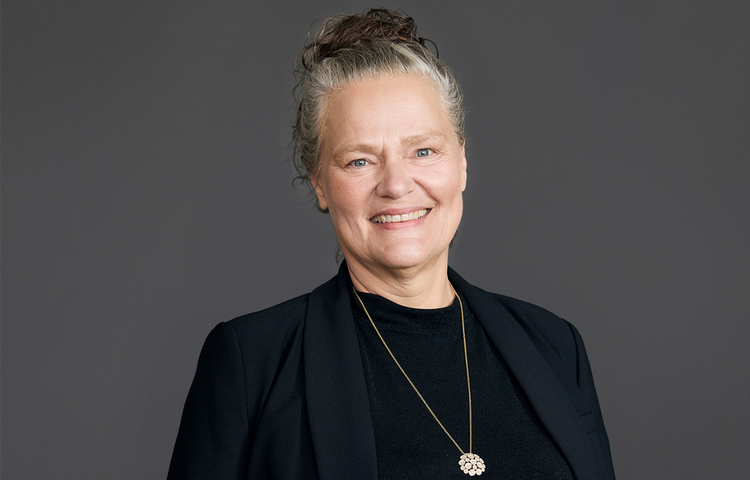Whole Foods pledges half a million dollars to restore biodiversity on US farms
“This initiative is laying the groundwork for a new kind of agriculture."

Whole Foods Market has teamed up with NGO Mad Agriculture to create a ‘national biodiversity highway’ aiming to restore native ecosystems across US farmland.
The organic food retailer has pledged US$500,000 in matching funds to catalyse US$1 million in collective investment from food system stakeholders in the programme this year. Companies committed so far include Applegate, Bob’s Red Mill, The Campbell’s Company, New Belgium Brewing, OLIPOP, UNFI, UNFI Foundation, west~bourne, and Yogi Tea.







